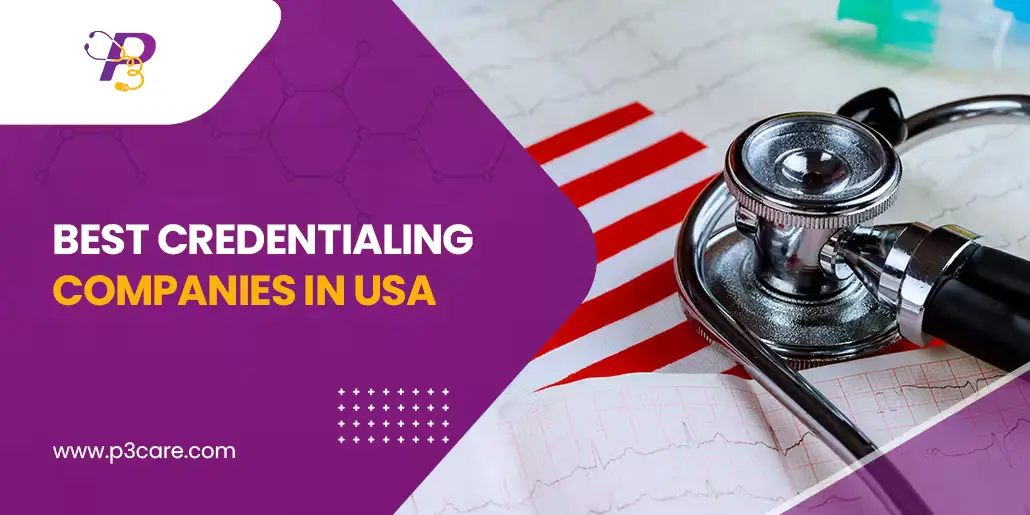

Healthcare providers often face underpayments due to claim denials or rejections that affect the disposal of effective medical billing services. Before we discuss the solutions, it is important to understand the nuances between denied and rejected claims.
When a billing claim fails to match the standards of an insurance company or government organization like X12, or ASC X12 EDI (Accredited Standards Committee X12, Electronic Data Interchange), it is rejected.
A claim rejection occurs even before processing due to errors in data entry, formatting, or patient information. It fails to add a clean claim to the clinician’s revenue cycle and requires resubmission with the correct information which can be done by clearing houses.
A Claim denial is different from a claim rejection. It occurs when an insurance company processes the claim and disqualifies the payment for the received medical services. As a result, the denied claim undergoes a complex review process.
It is challenging because the insurance provider has already processed the claim. In the follow-up, medical practices must adopt a more direct approach to a comprehensive review and file an appeal.
The appeal involves submitting the patient’s complete and correct electronic health records (EHRs). In some cases, the patient interacts with the insurance provider to secure payment for the covered services.
P3Care provides the best denial management services to deal with denied claims effectively.
Healthcare providers need to understand the common reasons behind claim rejections. Moreover, medical claims can be managed more effectively by reducing the chances of errors and increasing the chances of claims being accepted.
Some of the most common reasons for claim rejection are as follows:
Certain claims require additional documentation, so it is better to attach all the documents while filing the claim. These documents can be medical records or lab reports and their absence can lead to an immediate rejection.
This risk can be minimized with P3Care’s medical billing services. It involves using an electronic health records (EHR) system that keeps correct and the most updated patient data.
EHR also gives access to patient history, treatment procedures, and prior claims to ensure the accuracy of patient information
Healthcare providers can prevent claim denials with P3care’s top-quality denial management services and implement effective preventive measures to keep their billing processes streamlined and trustworthy of the patients.
Some of the common reasons behind the claim denials are as follows:
Communication with the patient regarding their selected insurance policy and its coverage is very crucial. It helps to secure clean claims easily.
These details can be verified at scheduling and at the time of appointment to ensure the selected policy is active and adequate for the services received.
Effective denial management services, which incorporate a clearinghouse, can further improve the billing process. They reduce errors and increase the clean claims rate.
Sometimes, claims are submitted even before services are documented. Both situations can lead to a claim denial.
It is highly recommended to look at the timelines of your largest insurance-payer companies to get a clear view of their special requirements.
No matter what you do, some claims are still rejected or denied. They require a robust strategy and a quick procedure to deal with them, understand the underlying issues, and correct them accordingly for resubmission or filing an appeal. These steps help turn rejections or denials into approvals.
P3Care serves as an intermediary between clinicians and insurance payers to speed up the billing process. We provide medical billing services by regulating the submission of claims and ensuring a smooth inflow of revenue with a good clean claim ratio.
It also includes checking on all the requirements and moving forward securely. Overall, P3Care helps medical practices achieve smooth operations and stable financial health.
In conclusion, P3Care provides the best medical billing services along with top-notch denial management services to help medical practices achieve a great reputation and thrive as practices backed by a good revenue system.

